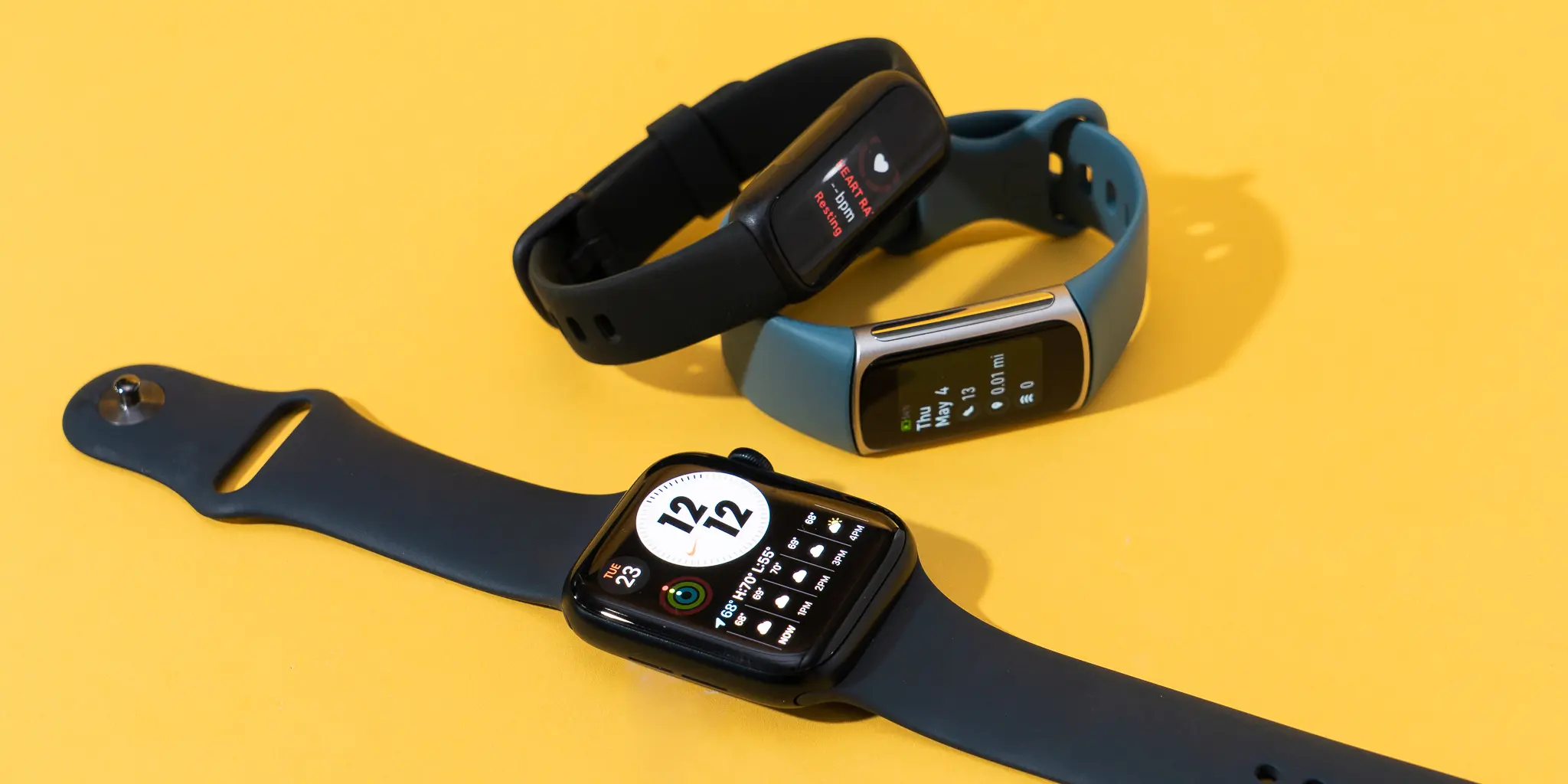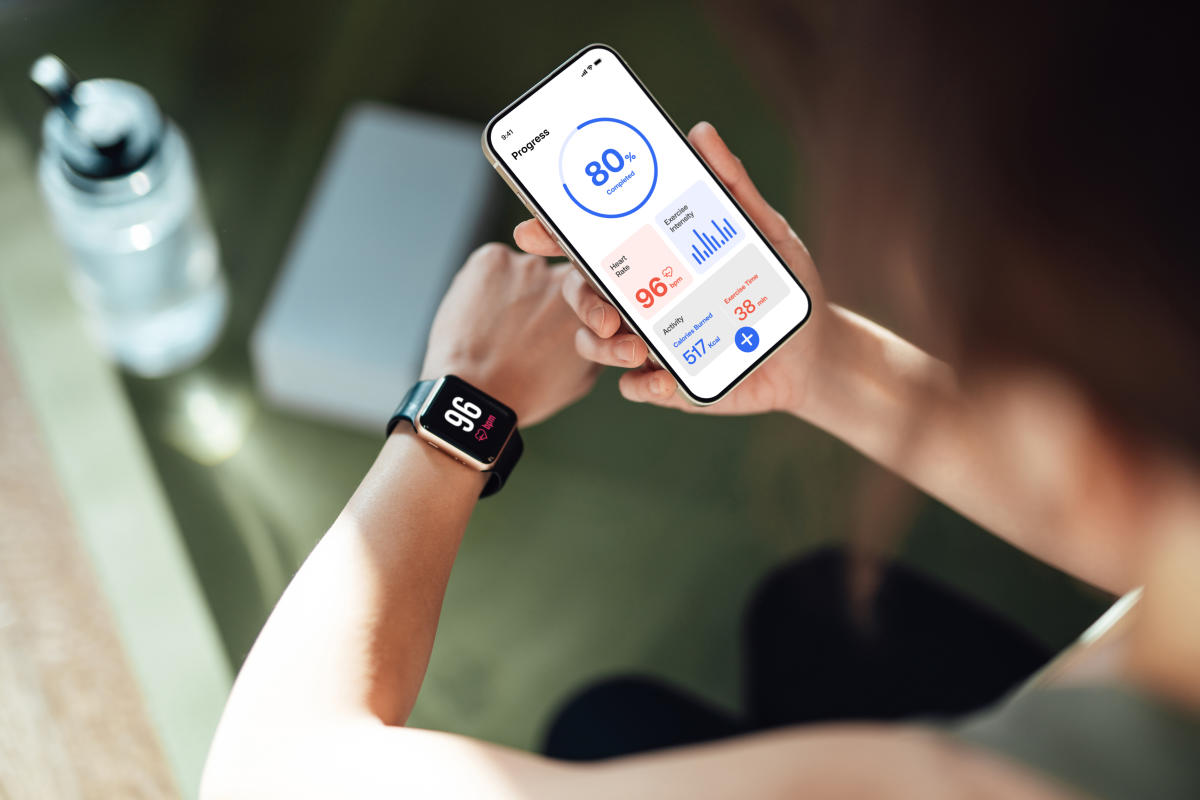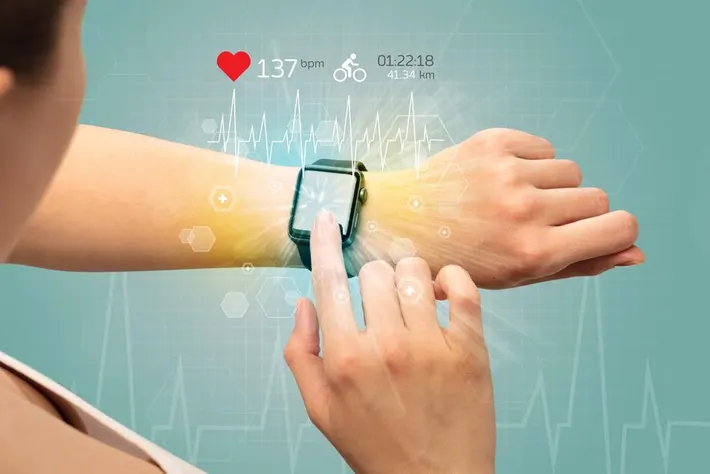Fitness Tech Wearables: Your Personal Coach or Overpriced Pedometer?
🏃♀️ Spoiler: My Apple Watch Once Called Me “Lazy”… Here’s What Happened Next
Hey there, fellow step-counting warriors! 👋
Let’s start with a confession: Last year, I spent $400 on a sleek fitness tracker that promised to turn me into a “holistic health goddess.” Fast-forward to today: It’s collecting dust under my bed, right next to my abandoned juicer and 2017 kale chips. But hey, maybe you’ll have better luck? Let’s dissect the glittery promises and gritty truths of fitness tech wearables.
The Great Wearable Debate: Hype vs. Reality
Fitness wearables are like Tinder dates—they promise six-pack abs and eternal motivation, but often leave you ghosted with a dead battery. Let’s break down their biggest claims:

-
“We’ll Motivate You to Move!”
My Fitbit once vibrated so aggressively during a Netflix binge, I swear it muttered “couch potato” under its breath. But does shame work? A 2023 Stanford study found that wearables do boost steps by 27%… for the first 3 months. Then? 43% of users ditch them. Oops. -
“We’ll Optimize Your Sleep!”
My Oura Ring insisted I was “rested” after 4 hours of sleep… during a red-eye flight. Turns out, most wearables struggle to track sleep stages accurately. The National Sleep Foundation notes they’re only 60-70% precise compared to lab tests. 💤 -
“We’ll Prevent Burnout!”
Whoop’s “strain coach” claims to balance your workouts and recovery. But when I followed its advice to “take it easy” during marathon training? Let’s just say my running buddy left me in the dust.
The Good, The Bad, and The Sweaty: A Wearable Showdown
Let’s compare the 2024 MVP’s (Most Vexing Products):
| Device | Price | Best For | Pros | Cons |
|---|---|---|---|---|
| Apple Watch | $399+ | Tech junkies | ECG app, seamless iOS integration | “Stand reminder” feels like a naggy mom |
| Whoop 4.0 | $30/month | Gym rats | No screen = less distraction | Subscription model adds up fast |
| Garmin Venu 3 | $449 | Outdoor enthusiasts | 2-week battery life | Interface clunkier than a hiking boot |
| Oura Ring | $299+ | Biohackers | Subtle design, great sleep metrics | Struggles with heart rate during workouts |
Data sources: Wirecutter’s 2024 Guide & DC Rainmaker Analysis
My 30-Day Wearable Experiment: From Zen to Zombie
I wore four devices at once (yes, I looked insane) to see what works:

-
Week 1: Felt like a superhero! Closed all rings, hit REM sleep targets, bragged to my group chat. 🦸♀️
-
Week 2: Obsessively checked my “stress score” 20x/day. My therapist asked if I was okay.
-
Week 3: Garmin said I was “overtrained”; Whoop said “push harder.” I cried into a protein shake.
-
Week 4: Got a notification saying “Your step count is lower than 92% of users.” I threw my Apple Watch into a drawer. 🔥
The verdict? Data is useful; obsession isn’t.
The Dark Side of Biohacking: When Metrics Steal Your Joy
Meet Sarah (name changed to protect her step count). She used her Fitbit religiously until she developed “orthosomnia”—an unhealthy fixation on perfect sleep stats. “I’d lie awake worrying my deep sleep was 5% below average,” she admits. The Cleveland Clinic warns that 1 in 5 users develop anxiety from over-tracking.
But it’s not all doom and gloom! Take Mark, a diabetic who credits his Dexcom CGM with catching dangerous blood sugar dips during workouts. For some, wearables are literal lifesavers.
Expert Insights: What Doctors Really Think
I asked Dr. Lisa Sanders (Yale School of Medicine):
“Wearables excel at spotting trends—like a resting heart rate creep from stress. But treating them like medical devices? That’s like using a toy stethoscope.”
Meanwhile, fitness coach Jamal Hicks warns:
“Newbies get paralyzed by data. I’ve seen clients quit because their ‘VO2 max’ wasn’t ‘elite.’ Since when did jogging need a PhD?”
3 Red Flags You’re Overdoing It
1️⃣ You feel guilty for missing a “step goal” while sick
2️⃣ You base your self-worth on a “readiness score”
3️⃣ You’ve said “My watch says I’m stressed” during a massage
Tired of Tech? Try These Old-School Alternatives

-
For motivation: Join a running club (the human kind, not Strava’s)
-
For sleep: 5analogalarmclock>300 sleep tracker
-
For recovery: Listen to your body’s “I need rest” signals (revolutionary!)
The Final Verdict: Should You Buy One?
Worth it if…
-
You thrive on gamification (hello, achievement badges!)
-
You’re managing a chronic condition
-
You need accountability (looking at you, eternal procrastinators)
Skip it if…
-
You’re prone to anxiety or OCD
-
You expect medical-grade accuracy
-
You’re already active without tech
Remember: A $10 pedometer and common sense often work just as well.
Your turn! Are you Team Wearable or Team Analog? Spill your horror stories or love letters below! 👇 And if you’ve ever rage-quit a device, give this a ❤️—let’s start a support group.
P.S. Always consult real docs for medical advice. Your smartwatch isn’t one… yet. 🩺😉
You should also read these…
- surgeblog.com – unable to update phone number on tiktok
- sixrep.com – 10 fun ways to use a spin the wheel in your classr
- closedad.com – how to negotiate a higher salary at your job
- closedad.com – 10 morning habits that instantly boost energy
- surgeblog.com – twitter x domain blocked warnings security review
- tugmen.com – cold chain logistics the role of insulated foam bo
- soturk.com – tiktok session keeps logging out solutions
- hogwar.com – transform your learning style wheel spinner techni
- getaluck.com – valorant microphone not working voice problems
- soturk.com – cnc cut foam precision engineering for complex des
